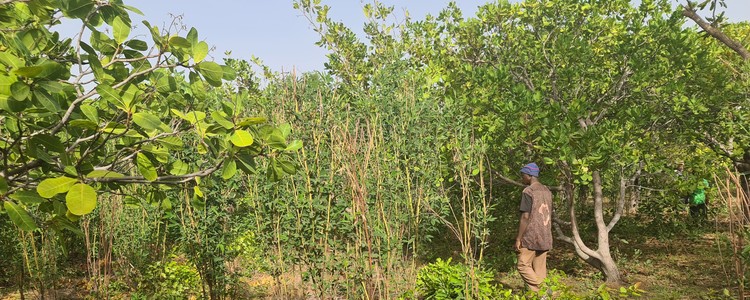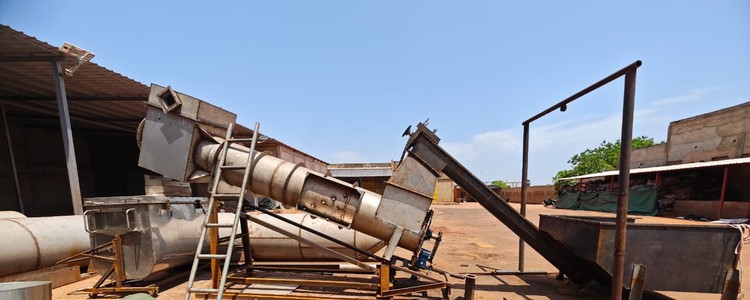Five years of agroforestry in Togo and Burkina Faso

We've been investing in dynamic agroforestry in Burkina Faso and Togo since 2021. Our goal is to increase sustainability and boost income for family farmers. Let's take a moment to see how far we've come.

 Login
Login










